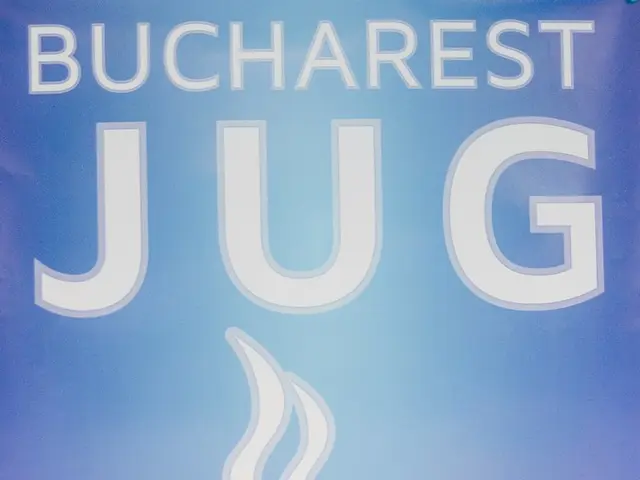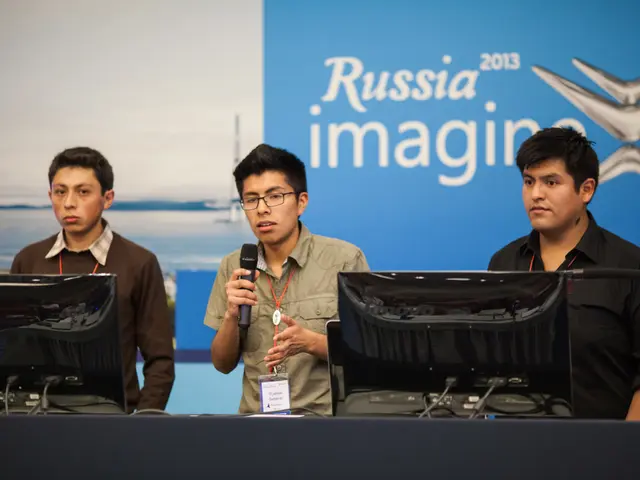Netflix and the actors' union have reached an agreement regarding the utilization of AI in film and television productions.
In a groundbreaking move, Netflix has released "Pirate Queen: Zheng Yi Sao," the first fully AI-generated film. The movie, expected since its announcement, marks a significant step in the realm of filmmaking.
The music and voices in the film are yet to be confirmed, with casting calls suggesting human involvement. However, it's worth noting that the production costs remained manageable, totaling 139,191 US dollars, thanks to the AI assistance throughout the process.
The film features AI-created digital actors, with animation and post-production also handled by the technology. Yet, the AI was not without its limitations. It struggled to verify historical data about Zheng Yi Sao, the pirate leader, and to achieve emotional depth or handle long dialogues effectively.
The screenplay for the film was penned by a human, while the rules governing possible AI uses that could alter the performance of actors have been agreed upon. These rules aim to ensure that AI is used when copyright and personal rights are respected.
The agreements cover cases where an actor's appearance or voice is replicated or generated by synthetic figures. This development comes after the German Actors' Association, the Production Alliance, and the trade union ver.di agreed on conditions relating to the use of generative AI in film productions in February.
Netflix and the German Federation of Film Actors (BFFS) have agreed on binding rules for the use of Artificial Intelligence (AI) in dubbing and film production. However, no concrete details on these binding agreements have been disclosed publicly.
Bernard Stoerkmann, BFFS's legal advisor, views this as an important sign for handling AI while respecting legal regulations and personal rights. The agreement is a significant step towards integrating AI into the creative industries while maintaining a balance between innovation and respect for human rights.
Chen Zhuo, a 29-year-old engineer, is the person behind the film and also founded the world's first AI film studio, FizzDragon. His work on "Pirate Queen: Zheng Yi Sao" represents a milestone in the field of AI-generated films, setting a precedent for future productions.
As AI continues to evolve, it will be interesting to see how it shapes the film industry and other creative sectors in the coming years. For now, "Pirate Queen: Zheng Yi Sao" stands as a testament to the potential of AI in filmmaking.
- Despite the AI's struggles in verifying historical data and achieving emotional depth, the integration of technology in sports, such as filmmaking, has opened up possibilities for innovation in various creative sectors.
- In the realm of sports and technology, engineers like Chen Zhuo are pushing boundaries, Trailblazing the development of AI-generated films and setting new standards for future productions.




